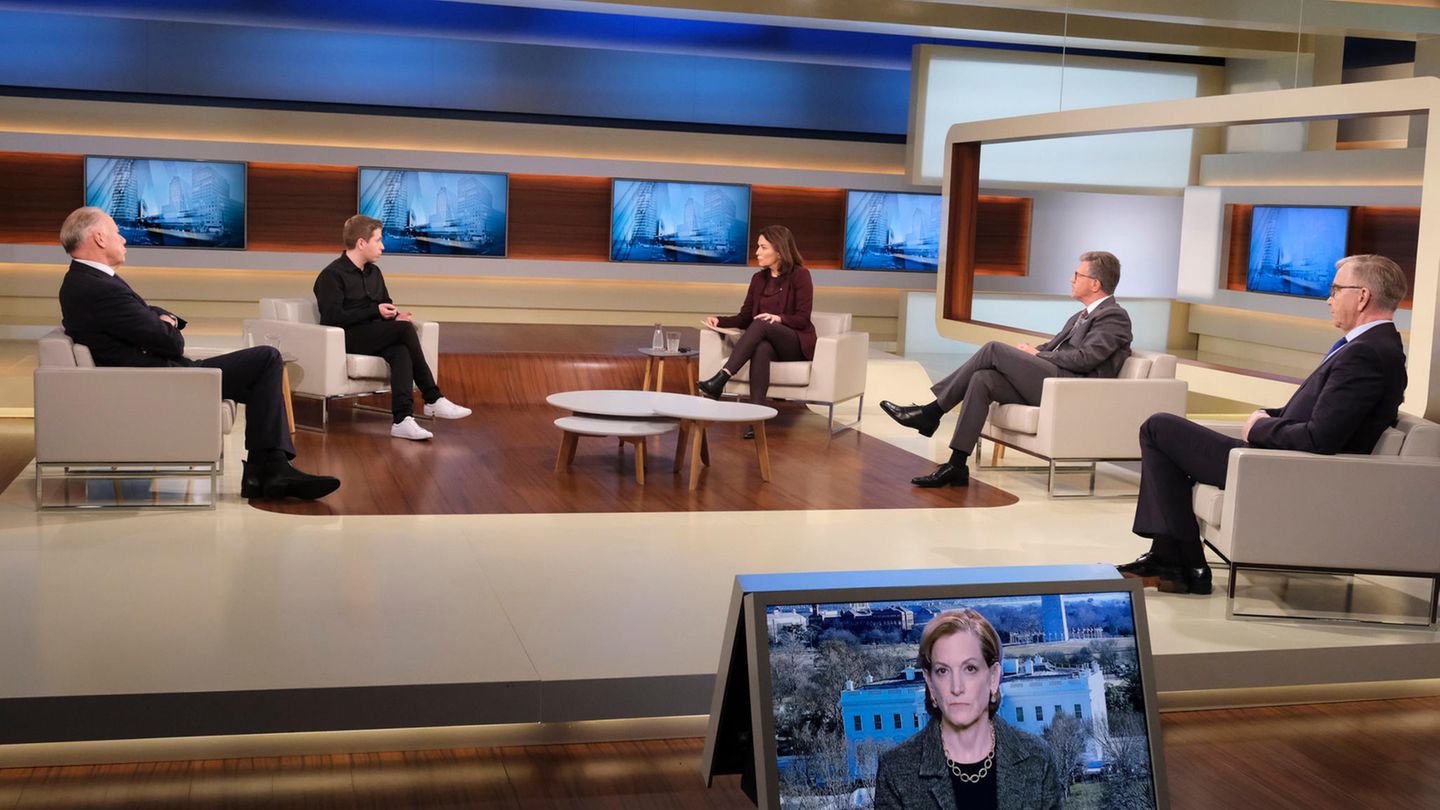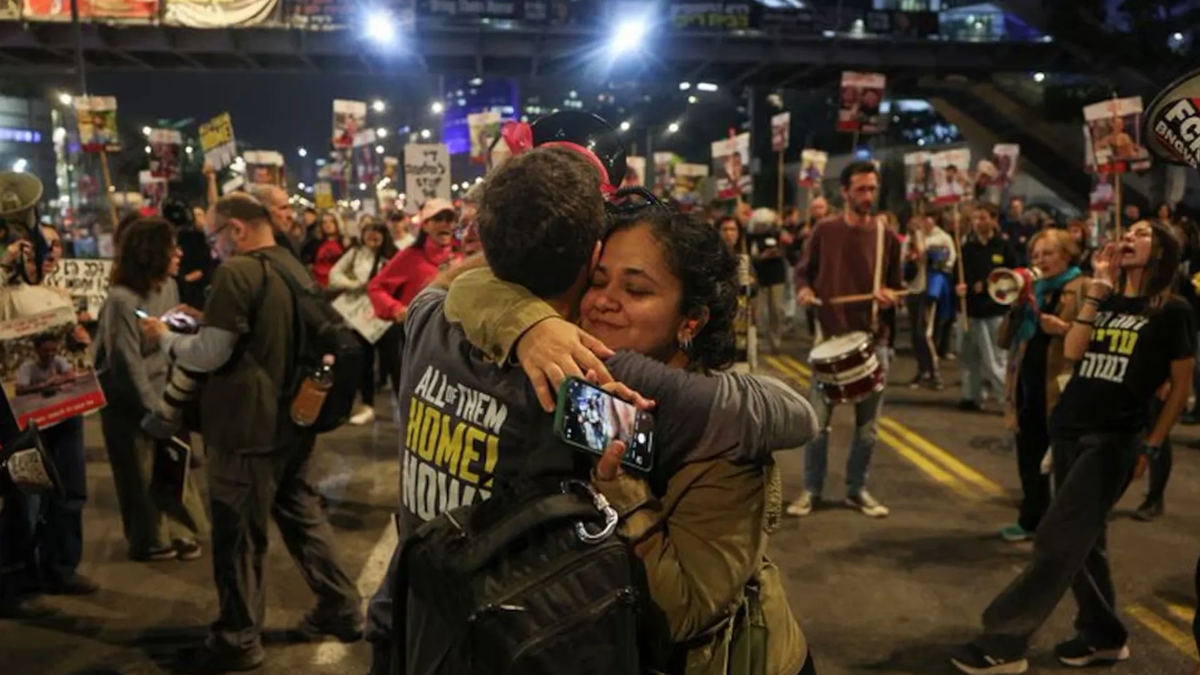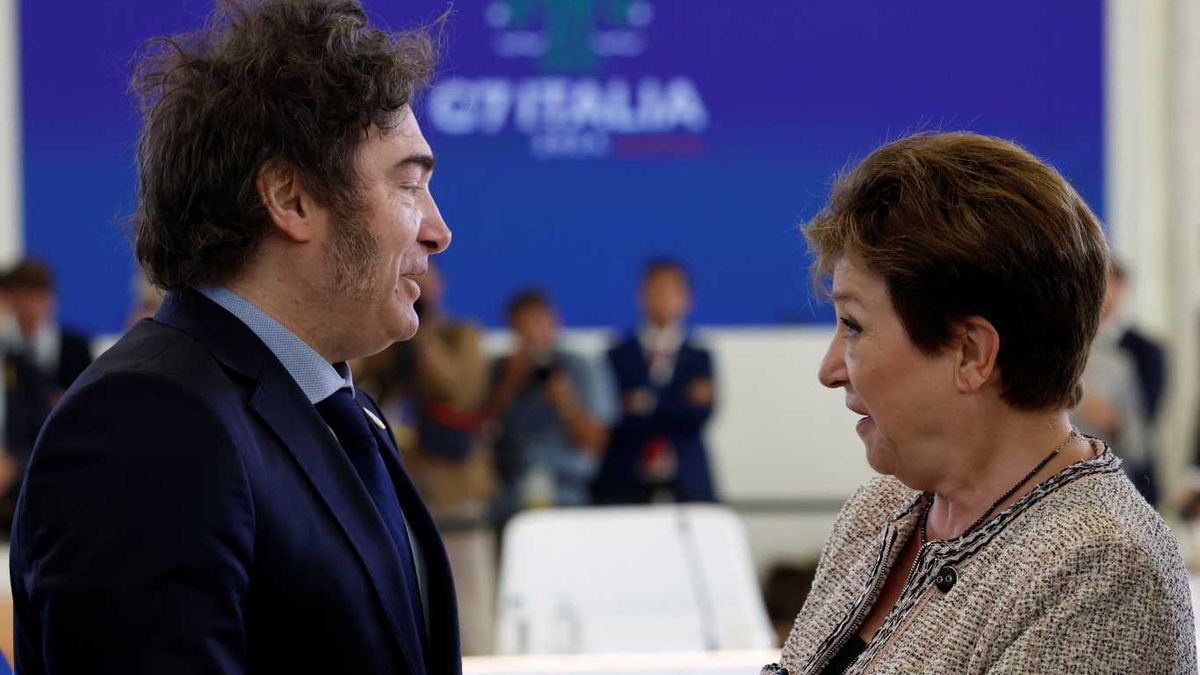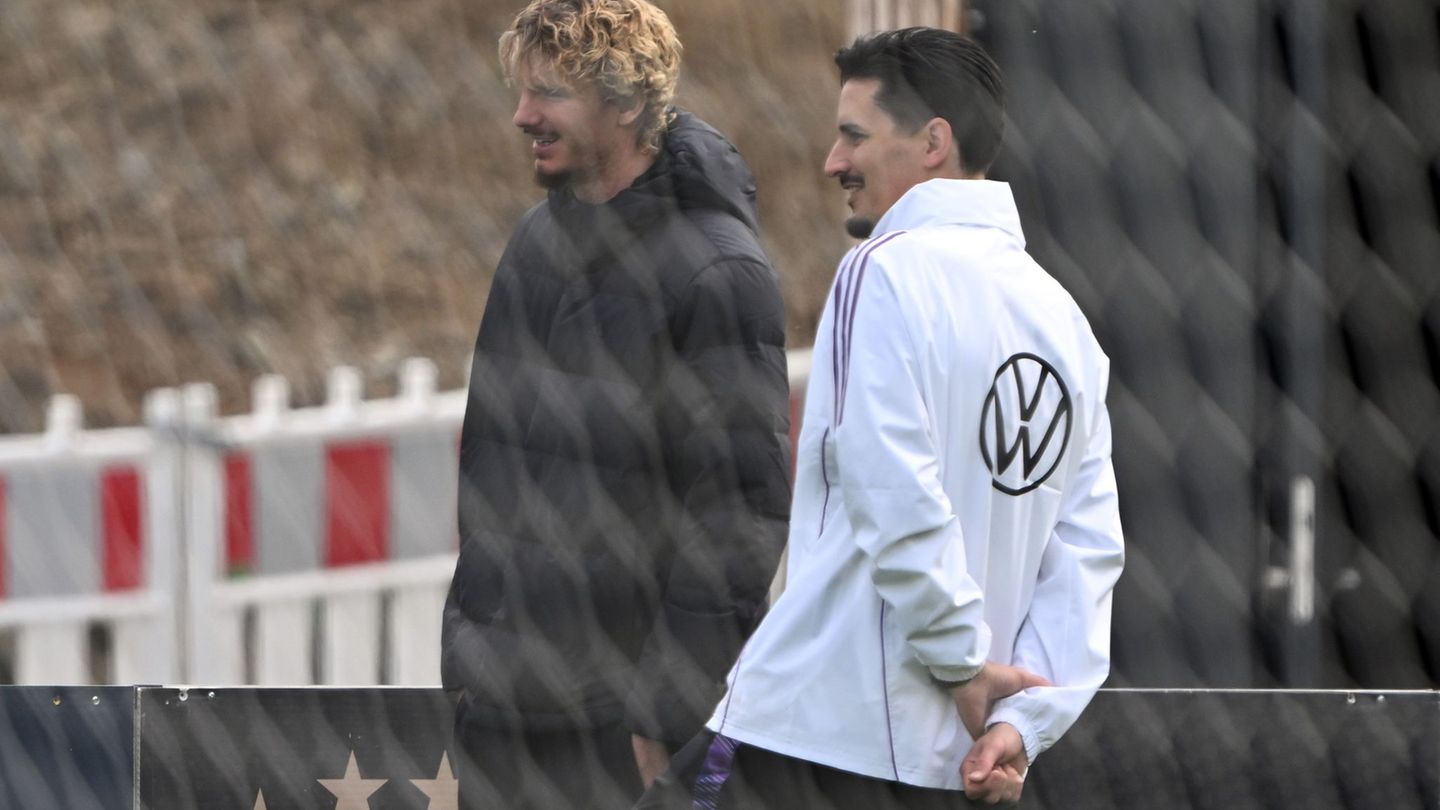TV review
“Where does Germany stand in the Ukraine conflict?” This question had to be clarified in the discussion with Anne Will. While Kühnert and Trittin still prefer sanctions, the Ukrainian ambassador Melnik, as expected, saw things differently. The helmets were also an issue again.
By Ingo Scheel
Third talk after the winter break, third topic on “Anne Will”, the virus seems to be on the retreat, at least as far as its talk show incidence is concerned. Instead, this time it was about the situation in Ukraine. Washington, Kiev and Moscow, that is Olaf Scholz’s itinerary in the coming days. Beforehand, the Chancellor emphasized again that no “lethal weapons” would be delivered to Ukraine. Is Germany thus helping to secure peace in Europe or is it playing into the hands of Russia? Should the federal government agree to arms deliveries to Ukraine after all? What role does dependence on Russian gas play in German foreign policy? And what is Vladimir Putin’s goal?
Who discussed?
The following guests will discuss this in the evening at “Anne Will”:
- Kevin Kuehnert (SPD, General Secretary)
- Jurgen Trittin (Alliance 90 / The Greens, foreign policy spokesman for the parliamentary group)
- Dietmar Bartsch (Die Linke, parliamentary group leader in the Bundestag)
- Anne Applebaum (American-Polish historian and journalist)
- Andriy Yaroslavovich Melnyk (Ambassador of Ukraine to the Federal Republic of Germany)
- Ina jerk (ARD foreign correspondent in Moscow)
How did the discussion go?
Anne Applebaum joined in from Washington and got straight to the point: “If Putin wants to invade, then he will do it.” It would be all the more essential to make it clear to him that such actions would cost “a very high price”. In Germany, according to the figures, there is a widespread opinion that the federal government is not willing enough to drive up this price. According to a survey, 65 percent of Germans are of the opinion that Chancellor Olaf Scholz is not acting decisively enough. Anne Will and Kevin Kühnert first discussed the question of whether the Chancellor was not sufficiently present in the media to disseminate such views sufficiently.
Now one may accuse Olaf Scholz of being too slow, but of course he only has the choice between two options: If he appears too often on talk shows or in front of the cameras, it means: he should rather work than chat. If he makes himself scarce, in his, as Kühnert emphasized, only “seven weeks in office”, then that means: where is the chancellor? A circumstance that the Ukrainian ambassador Andriy Melnyk also started with, who said that Germany finally had to “wake up from its slumber,” it was a matter of “to be or not to be,” or to put it another way: “Refusing arms deliveries means letting us down “.
As dramatically, almost imploringly, as Melnyk appealed, the opposing side, with Trittin, Bartsch and Kühnert, showed an almost maddeningly sonorous consensus across party lines: a deterrent can and must only be political and economic. Germany is the largest international donor to Ukraine anyway, and in general: 5,000 helmets have been delivered. Kühnert then actually tried to work through the fact that more headgear had not been requested at all. However, this was not entirely clear.
Robert Habeck, as was shown in a clip, had emphasized last year that arms deliveries to Ukraine could actually not be refused, but the attitude has now changed. One reason that is repeatedly cited: historical responsibility. What might have sounded heavy in the studio, Anne Applebaum tore to pieces on the other side of the Atlantic in a surprise attack. She wanted to know what these historical reasons were, and increasingly saw the whole thing as empty phrases: “What’s the story at stake here? Germany does business with Russia and China, and also delivers weapons to countries that also use them.” Another aspect: “There has also been a German invasion of Ukraine, and that too has historical significance.”
A state of mind that Ina Ruck, ARD’s foreign correspondent in Moscow, was able to hear first-hand on site in Kiev. Well wrapped up in the freezing cold, she says, she regularly has to defend the German position in talks with local people. The war as a topic is “very present”, the question to the Germans which side they are on is an extremely acute one, too seldom has a “clear edge” been shown in recent years.
The special moment
Finally, between the two positions, Ina Ruck, when asked by Anne Will for her personal assessment, had a suggestion ready that almost left you speechless in its simple beauty. Putin could also approach other countries “instead of just constantly attacking them.” Putin as a bridge over rifts, as a peacefully minded mediator between nations, an almost fairytale thought, which would almost bring us back to Sleeping Beauty.
Conclusion
“Never again war” is how Tocotronic sing it on their new album. Maybe one of them could be sent to the Kremlin.
Source: Stern
David William is a talented author who has made a name for himself in the world of writing. He is a professional author who writes on a wide range of topics, from general interest to opinion news. David is currently working as a writer at 24 hours worlds where he brings his unique perspective and in-depth research to his articles, making them both informative and engaging.




